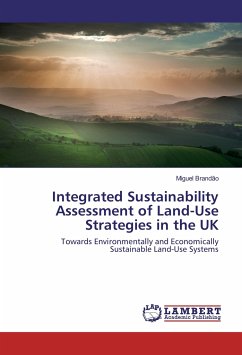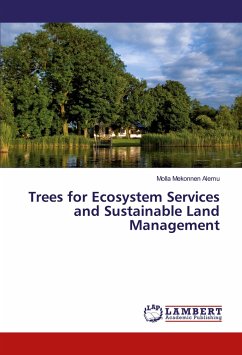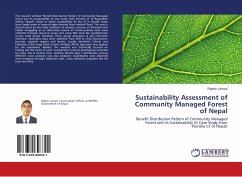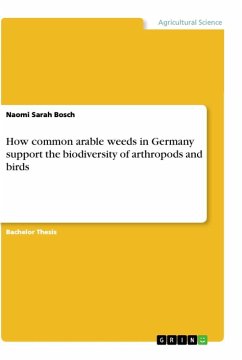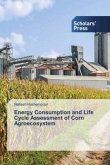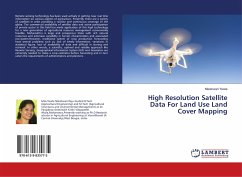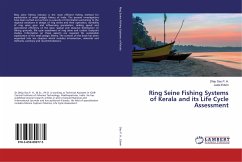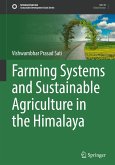In view of the competing demands on land to feed people adequately, sustain biodiversity and ecosystem services and mitigate climate change, there is a clear need for a systematic basis for allocating land use with respect to economic and environmental objectives. This study formulates an integrated environmental and economic assessment of the global consequences of changing current land use in the UK with different land-use strategies for food, feed, fuel, timber and carbon sink. Novel operational approaches are applied in the characterisation of the main land-use strategies in the UK. Life Cycle Assessment (LCA) is used for the environmental assessment, with emphasis on ecosystem carbon balances as the contribution to both global climate change and ecosystem services and biodiversity impacts. A parallel economic assessment is integrated with LCA. Several changes in land use and management on current cropland are assessed, as is the expansion of cropland onto set-aside and permanent grassland. The consequential assessment showed that indirect effects are relevant and ought to be considered when assessing land-use strategies.
Bitte wählen Sie Ihr Anliegen aus.
Rechnungen
Retourenschein anfordern
Bestellstatus
Storno

